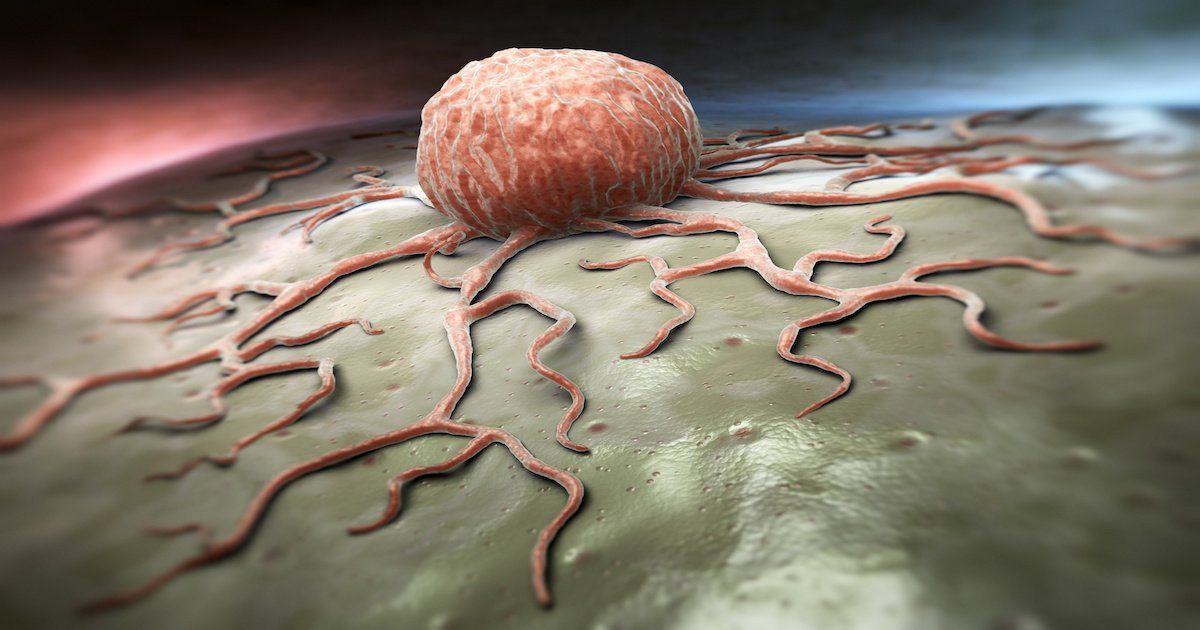UPDATE – As of August 22, 2022 – The FDA has approved the use of Trastuzumab Deruxtecan for patients with low expressing HER2 Neu positive breast cancer survivors with recurrent, metastatic disease. It was previously only approved for patients with HER 2 Neu over/ High expressing (HER 2 Neu 3+ or FISH positive for HER 2 Neu) breast cancers. Due to a proposed mechanism of action with the concept of bystander effects, the Destiny 04 study presented at ASCO 2022, showed significant improvements in breast cancer survival even in patients with HER 2 Neu low expressing breast cancers (HER 2 Neu 1&2+ FISH negative).
Have you ever been present when someone is given a standing ovation? Typically, everyone who is present uniformly feels that the person who is receiving the standing ovation is more than worthy and has presented something to the audience that is special and unique and remarkable. Typically, we don’t think of scientific forums where scientific papers and work is a place for a standing ovation, but I recently watched a presentation at the annual American Society of Clinical Oncology (ASCO – a meeting where physicians, scientists, and researchers from all of the world convene every June where new discoveries are shared) where Dr. Shanu Modi from Memorial Sloan Kettering presented a paper: Trastuzumab Deruxtecan (T-DXd) versus Treatment of physicians Choice in patients with HER 2 -Low unresectable and/or metastatic breast cancer. Results of DESTINY -Breast 04, a randomized Phase 3 study. This drug, Trastuzumab Deruxtecan had previously been approved for HER 2Neu positive stage IV, recurrent breast cancer but this presentation of 557 patients showed data that was practice changing.
Before this presentation, most individuals referred to breast cancers as either HER 2 Neu positive (overexpressing) or HER 2 Neu negative (low or 0 HER 2 neu expressing). This is due to the success of drugs that have been available up to now were designed to target tumors that had overexpression of HER 2 Neu and though effective, due to the drug structure, little to no benefit was seen in individuals that had tumors that were not consider having HER 2 Neu high expression.
Trastuzumab Deruxtecan is an Antibody Drug Conjugate (ADC) that fuses aTopoisomerase I inhibitor payload+ a cleavable Linker and Trastuzumab; when the drug is internalized, the DXd payload is released into the cell but this agent also appears to have effect on neighboring tumor cells through a so called ‘bystander effect.” Previously, this agent was discovered to have significant impact in patients with recurrent stage IV HER 2 Neu high expressing tumors but there had been observation in early trial experience that though this ADC has Trastuzumab that was found to be able to target only tumor cells with HER 2 Neu receptors. This target facilitated binding and drug delivery into the cancer cell, and there were responses seen in patients with tumors that had HER 2 Neu receptor low expressing tumors (defined by immunohistochemical staining as HER 2 Neu 1 or 2+).
Due to this observation that there was possibly drug activity, the presentation at this year’s ASCO was a report of outcome of patients with low expressing HER 2 Neu tumors with or with Hormone Receptor positivity. (This study included patients with so called Triple Negative Breast cancer as well). This report was extremely encouraging because substantial response rates were seen, and remarkably, in patients who had been heavily treated for stage IV breast cancer, this presentation showed both a clinically meaningful and statistically significant improvement in breast cancer survival.
This means that potentially more patients with recurrent breast cancer may be eligible for this important therapy and individuals now may have a chance to live longer – substantially longer than ever seen before with therapy administered in later lines of treatment.
As a result of these findings, we now think of HER 2 Neu as high versus low expressing. We now may have a new drug that works in most types of breast cancer – having a HER 2 neu high expressing tumor is no longer required for consideration of use of this new treatment. Though not currently approved, this remarkable work is likely to lead to FDA approval of Trastuzumab Deruxtecan for patients with HER 2 Neu low expressing recurrent breast cancer – possibly sometime soon, and possibly in 2022.
Many that attended this oral plenary talk anticipated a positive study, but the data were so remarkable that it struck a chord amongst the attendees that prompted a standing ovation. It was a unified spontaneous response from all due to realization that we have a new drug that most likely will meaningfully improve breast cancer outcomes and is anticipated to be practice changing.
When people ask, “Why research?” this is a perfect example of why research is important as a treatment in cancer care. These kinds of measures provide hope. We all need hope, mostly cancer survivors and their families, but as demonstrated in the response of the audience giving a standing ovation, investigators, researchers, doctors, and health care providers need hope too.
At NEXT Oncology, we anticipate a new study trial opening soon that will be evaluating a drug that may have similar, if not even better, tumor activity with a novel twist on drug structure from Trastuzumab Deruxtecan. The hope is that this drug may offer yet another option in disease control and may be more effective and more tolerable than what we have available to date. Only through research and patient participation, can we get this study done and encourage you to consider research when it is offered. If you or someone you know is fighting cancer recurrence, keep clinical trials in mind. They might provide a new and better answer for improvement in cancer survival.

